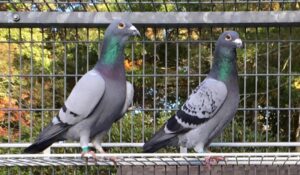 I have raised pigeons for over 55 years. So what I’m about to lay out for you comes from years of experience breeding and racing pigeons. Many of you will not have heard this information from any source before because there is no profit in sharing this information other than sportsmanship. This simple understanding of “why” our pigeons get sick will save you hundreds of dollars in medication and give you more time to enjoy healthy pigeons.
I have raised pigeons for over 55 years. So what I’m about to lay out for you comes from years of experience breeding and racing pigeons. Many of you will not have heard this information from any source before because there is no profit in sharing this information other than sportsmanship. This simple understanding of “why” our pigeons get sick will save you hundreds of dollars in medication and give you more time to enjoy healthy pigeons.
Pigeons like any other living creature were meant to live in the wild. In domesticating them, we house them in contained lofts along with other loft mates, most times over crowding them with improper ventilation and improper food to sustain good health.
One of the most important things to provide to your pigeons is clean water as I have already described. Another is a steady supply of a variety of minerals 365 days a year. I don’t feed packaged vitamins. A good source of commercial feeds again with as much variety as possible, changing brands often as to get grains grown in different fields. The same goes for the grit provided. Change brands often to get different minerals that are offered in the different brands and always prepared for pigeons. The size of the grit prepared for pigeons is important. A large aviary with plenty of sun exposure is important so as the pigeons can benefit from the sun and all it offers to promote warmth and good health. Rain baths are the best way to have the birds clean themselves because they done sit in or drink contaminated water. When ridding birds of pests I prefer handling each and every bird to administer bug repellents.
Now the most important point I can talk about is the PH level in the loft. This is where many of the flock diseases exists.
A healthy pigeon has acidic dropping. The healthiest of pigeons carry diseases in their droppings. Left unchecked in the wild they remain acidic and do not cause illness to pigeons. But when confined in a loft this is a problem waiting to happen. Reading the information that is offered in the many pigeon books, videos, by experts and word of mouth, we are left to conclude their advice is correct and we follow down that road. I have found that it is the pathway to disaster and to the medicine $ cabinet. Here is the gist of it. “Don’t feed your pigeons anything that is alkaline”. Keep your loft acidified. Google a list of alkaline foods and anything that appears on that list should not be fed to your pigeons. You are going to find lots of things on that list that are generally accepted as good for pigeons like garlic, lemons, lime apple cider vinegar and so on. Thought these items “do” have properties that can be useful to good health, the long term use in a pigeon loft is a time bomb and here is the “WHY”.
When feeding alkaline foods to domestic pigeons kept in a loft, the droppings will of course be alkaline. When the moist droppings hit the wood perch or floor, the wood absorbs the alkaline moisture and holds onto it. Over time the accumulation builds up until the PH balance is shifted to a neutral position. Add moisture from dampness of any source and you set the stage for outbreaks of disease. We have all seen this happen and wondered where the disease came from. Well it wasn’t the new bird in the loft!
And lastly, the water fountain is one area where disease can easily be spread from one bird to another especially in warm weather. Clean your water fountains daily and keep a fresh cool supply of water available to the birds. Two things to help me to achieve this is to add 1/2 oz of white distilled vinegar to 1 gallon of water. This is a big aid in combating canker, bacteria and other diseases spread by community drinking fountains. The other way is to keep the water cool. Keep a few water bottles in the freezer when the weather is warm. Each time you change your water, place a frozen bottle of water in the fountain. The ice will keep the water cool and fresh longer inhibiting bacteria from taking a foot hold. You might ask why not just add ice cubes? Well if you happen to be using medication or vitamins in your fountains, the contained ice in the bottle will not dilute your dosage.
A Simple Plan to Keeping Your Racing Pigeons Healthy by Tom DeMartino


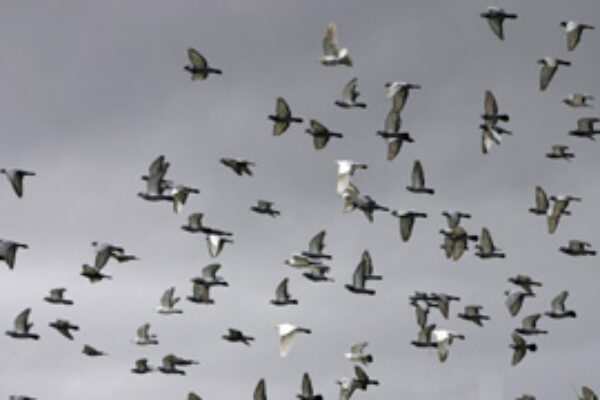
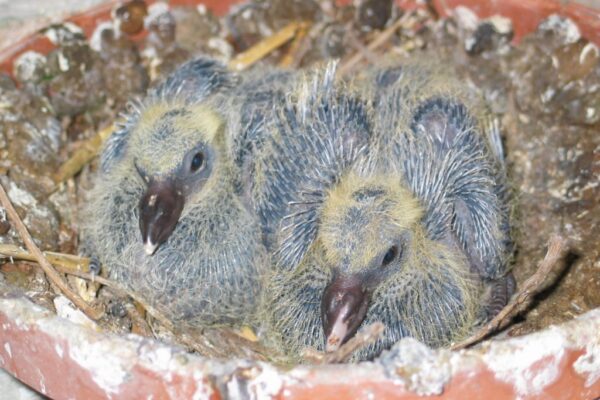
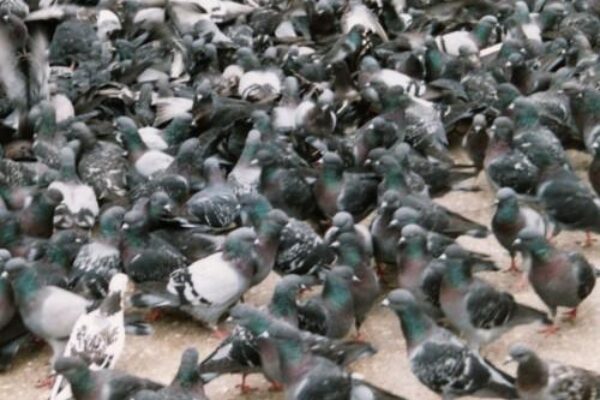
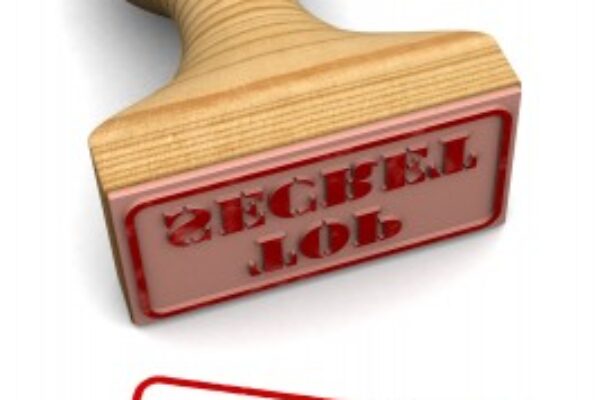

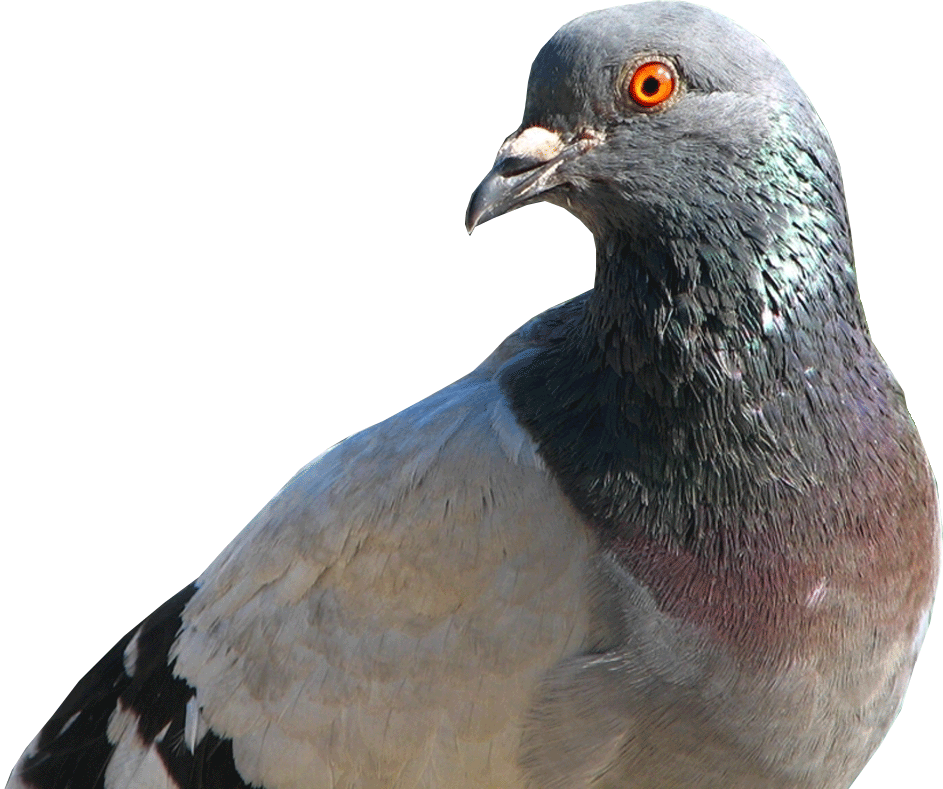
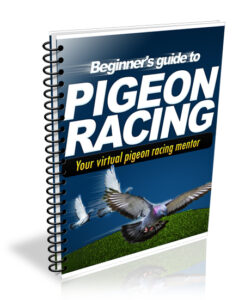
A very good friend of mine who has successfully raced pigeons here in Australia since he was a young boy (APPROX 40 YRS) recently put me on to adding turmerick at 5mg plus 2gm of black ground pepper to one litre of fresh water daily, The pepper allows the TURMERICK to be absorbed by the pigeon. His pigeons are the healthiest I have ever seen. Since I have had my birds on this treatment they have never been healthier either. This is just a bit of information for any one out there who is interested in trying it rather than expensive medications. According to him it is a preventative rather than a cure. I hope this info is of some use.
I’ve been moistening feed and putting turmeric powder on the feed for 5 years now. The research is proven to eradicate canker. It is the main ingredient in Berimax. It does not dissolve well in water so better to put on food. Only need to use it 4-5 days out of the month due to the lifecycle or Trichomonus. (Canker).
Hi Chris, what is the dose rate ? Cheers AL
Hi Thomas,
Have you ever used rice, or water catalyst, I got some more stuff.
Dr. Joe Shafer
Very informative, thanks a million.
Decent advice….but one of the best things I have learned in 55 years with racing pigeons is a pinch of probiotic ( Primalac) in the water everyday….free choice grit/small rocks….oysters shells… salt and a pigeon mineral…..And I do not feed as much protein as I used to…
ever use purple rice, or water catalyst?
Any contraindications for these?